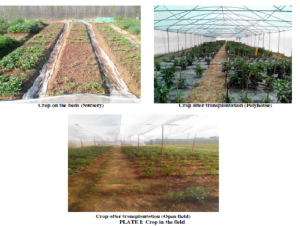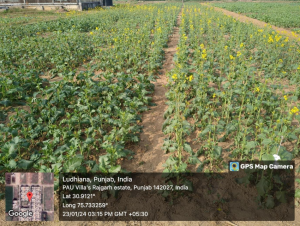Regulation of plant architecture, source-sink relationship and reproductive development in relation to productivity with PGR application.
Plant growth and development are intricately regulated by hormones such as auxins, gibberellins, cytokinins, abscisic acid, ethylene etc., which work in concert and often interact to orchestrate physiological and developmental processes. The research in the department aims at how plants acquire, transport, utilize and manage essential nutrients to improve nutrient use efficiency, crop productivity with minimum fertilizer use. The focus is also on root architecture, improved nutrient foraging, expression of various transporter proteins which facilitate nutrient uptake, remobilization, partitioning and activities of enzymes involved therein. The chemical and biological amendments (such as botanical extracts, synthetic growth regulators, bioenzymes, biofertilizers etc.,) are also being used to improve yield performance of crops with changing environmental conditions.
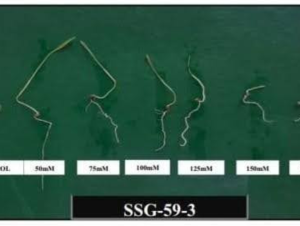
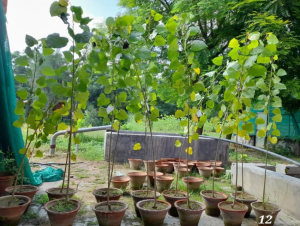
Impact of abiotic stresses specifically salinity, moisture and temperature on growth, development and yield of crop plants.
Abiotic stress physiology a major thrust area in plant physiology, helps in understanding how plants respond to changing climatic conditions under varied environments These stresses significantly impact plant growth, development, and productivity, making this field crucial for developing climate-resilient crops. The key abiotic stresses being studied are drought, salinity, temperature extremes (heat and cold stress), flooding and heavy metal stress. These limiting factors cause water deficiency, perturbations in cell expansion, stomatal conductance, photosynthesis. High salt concentrations causing osmotic stress and ion toxicity due to salinity whereas heat stress disrupts enzymes and membranes and cold stress damages cell structures and impairs metabolism. Flooding leads to anoxia, impact root respiration. Various physiological and molecular mechanisms are studied to understand the response of field and vegetable crops.
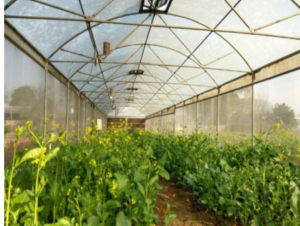
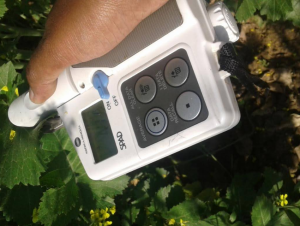
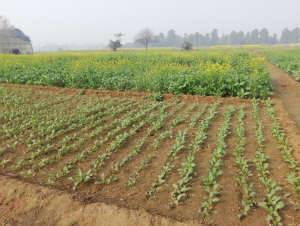
Identification of marker traits for screening large population/genotypes tolerant to abiotic stresses, resistant to biotic stresses alongwith elucidation of signal transduction pattern in crop plants.
Physiological traits specifically osmotic adjustment , antioxidant defense system (including antioxidative enzymes and non-enzymic antioxidant biomolecules, superoxide dismutase, catalase, and peroxidases etc.), nutrient and water use efficiency, membrane stability, stomatal regulation, protein profiling etc., are researchable areas that identifies the donor lines being used in breeding programmes for varietal improvement. Morphological and anatomical traits conferring to stress tolerance are also investigated. Signaling events leading to stress-responsive gene expression and hormonal modulations are also research areas of interest of the department.
